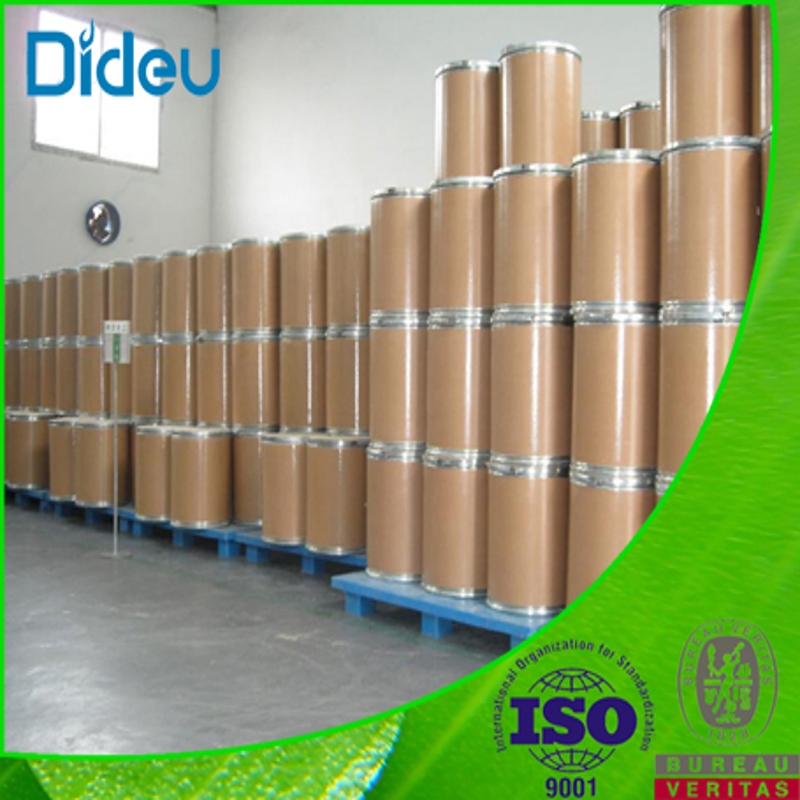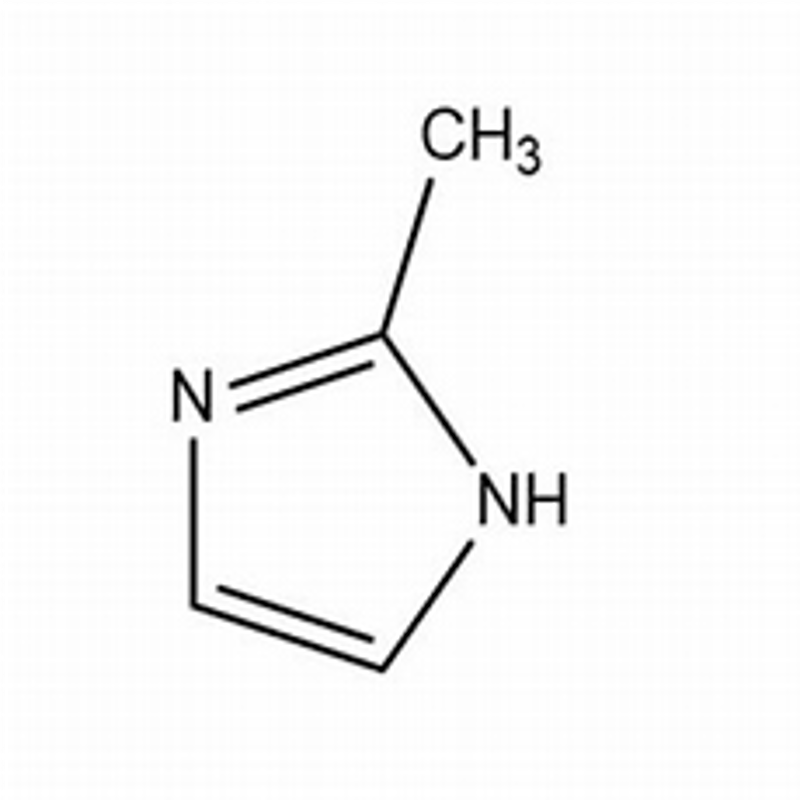-
Categories
-
Pharmaceutical Intermediates
-
Active Pharmaceutical Ingredients
-
Food Additives
- Industrial Coatings
- Agrochemicals
- Dyes and Pigments
- Surfactant
- Flavors and Fragrances
- Chemical Reagents
- Catalyst and Auxiliary
- Natural Products
- Inorganic Chemistry
-
Organic Chemistry
-
Biochemical Engineering
- Analytical Chemistry
-
Cosmetic Ingredient
- Water Treatment Chemical
-
Pharmaceutical Intermediates
Promotion
ECHEMI Mall
Wholesale
Weekly Price
Exhibition
News
-
Trade Service
The Applications of 7-chloro-3,5-dimethylisoxazolo[4,5-d]pyrimidine in Chemical Industry
7-chloro-3,5-dimethylisoxazolo[4,5-d]pyrimidine, commonly referred to as CDIP, is an organic compound with a unique chemical structure and properties that make it highly valuable in various industries.
This compound has a broad range of applications in chemical synthesis, pharmaceuticals, and materials science.
In this article, we will explore some of the most significant applications of CDIP in the chemical industry.
Synthesis of Aromatic Compounds
One of the most significant applications of CDIP is in the synthesis of aromatic compounds.
CDIP can be used as a building block for the synthesis of various aromatic compounds, including derivatives of benzene, toluene, and xylene.
CDIP can be coupled with other nucleophiles, such as amines, thiols, and carboxylic acids, to form a wide range of aromatic compounds.
Pharmaceuticals
CDIP is also widely used in the pharmaceutical industry as a key intermediate in the synthesis of various drugs.
CDIP can be used in the synthesis of antibiotics,anti-inflammatory drugs, and other medications.
Due to its unique chemical structure, CDIP can be easily modified to produce a variety of pharmaceuticals with different properties.
Materials Science
CDIP has also found application in materials science, particularly in the development of new polymers.
The unique properties of CDIP make it an ideal building block for the synthesis of polymers with specific properties, including thermal stability, chemical resistance, and optical properties.
CDIP can also be used in the synthesis of liquid crystalline polymers, which have applications in displays and other optical devices.
Coating and Adhesive Formulations
CDIP can also be used in the formulation of coatings and adhesives.
Due to its chemical structure, CDIP can provide unique properties to these formulations, such as enhanced adhesion, improved durability, and resistance to environmental factors.
CDIP can also be used in the development of anticorrosive coatings, which are widely used in the automotive, aerospace, and maritime industries.
Environmental Applications
CDIP also has applications in environmental protection.
CDIP can be used in the synthesis of molecules that can selectively remove heavy metals from water, making it an ideal candidate for the treatment of industrial wastewater.
CDIP can also be used in the development of new catalysts that can be used in the reduction of greenhouse gas emissions from industrial sources.
Conclusion
In summary, 7-chloro-3,5-dimethylisoxazolo[4,5-d]pyrimidine, or CDIP, is a highly versatile compound with a wide range of applications in the chemical industry.
CDIP can be used in the synthesis of aromatic compounds, pharmaceuticals, materials science, and environmental protection.
Its unique chemical structure makes it an ideal building block for the synthesis of a variety of chemicals with specific properties.
The applications of CDIP are constantly expanding, and it is expected to play an important role in the chemical industry in the years to come.







